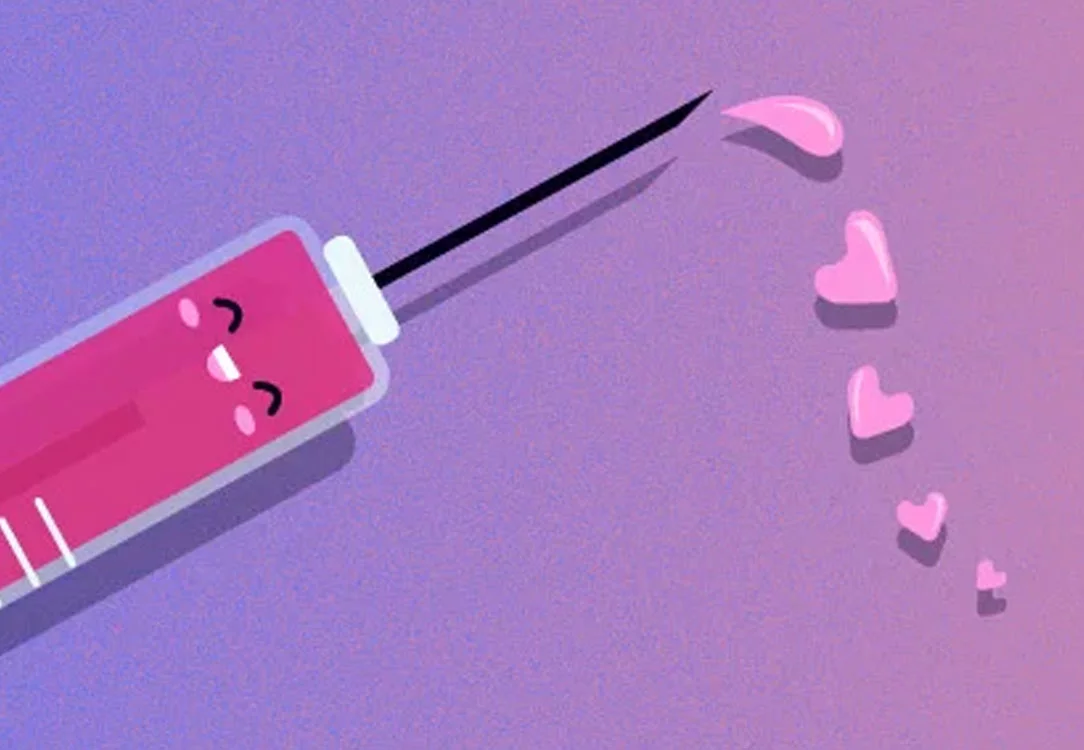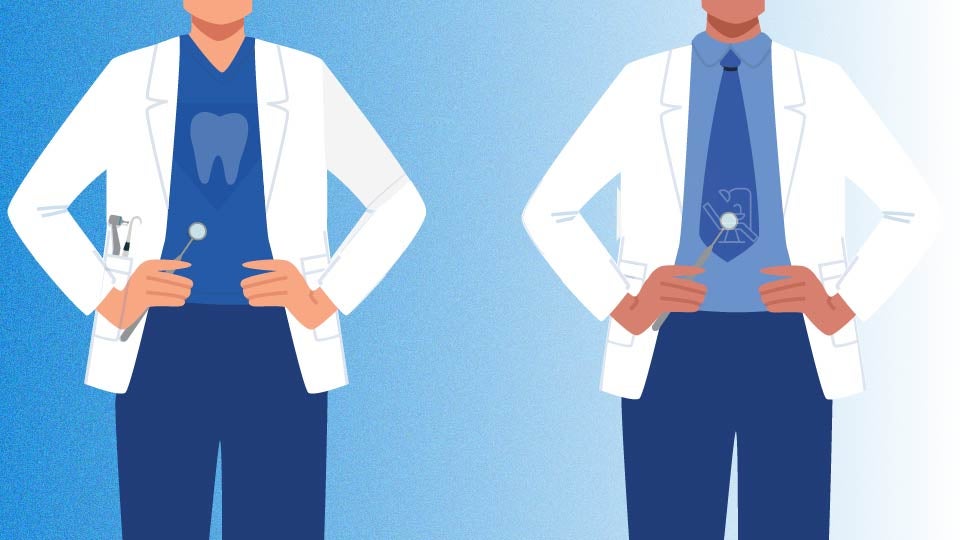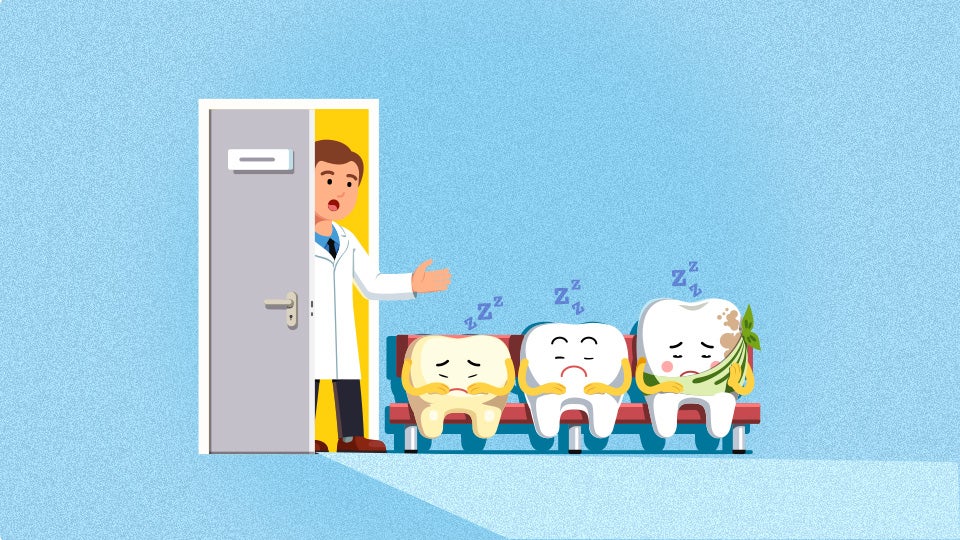Botox injections can relax muscles by disrupting the nerve communication between your brain and your muscles to stop them from contracting. Botox's use for medical therapies can be traced back to the mid-1800s when this bacterial poison, botulinum toxin, was speculated to disrupt signals in the nervous system by a German physician named Dr. Justinus Kerner. After much testing and more discoveries, the FDA approved it for medical use under the name Botox in 1989.
In modern times, Botox is also used to provide pain relief for dentistry ailments, such as temporomandibular joint disorders, which is commonly referred to as TMJ.
What Is Botox Used for in Dentistry?
Botox is used to treat over 20 different medical conditions that affect muscles. TMJ, a painful muscular disorder, causes several different symptoms as the jaw muscles tighten from stress or strain, leading to:
- Chronic headaches and migraines
- Pain when chewing
- Jaw stiffness
- Painful clicking or popping when opening and closing the jaw
- Bruxism
- Mandibular spasms
- Trismus, or lockjaw
- Discomfort from dentures
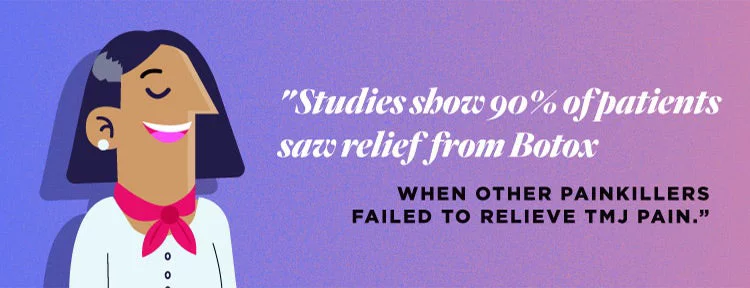
Is Dental Botox Safe?
- Pregnant
- Nursing
- Have a history of allergic reactions to Botox
- Have a history of neurological diseases
Where Is Botox injected for TMJ?
Your dentist will carefully inject Botox into your masseter, temporalis, and pterygoid muscles with a recommended dosage of diluted 200 units/4 mL or 100 units/2 mL to relieve chronic migraine pain associated with TMJ.
While it is rare, the injection of the masseter muscle can leave your mouth with a fixed smile. This negative side effect will wear off six to eight weeks after treatment.
How Does Botox Help Teeth Grinding?
- Damaged teeth
- Sore jaw muscles
- Headaches
While patients with TMJ can also suffer from bruxism, both disorders can occur without the other. When Botox is injected into the chewing muscles around the jaw, the jaw relaxes, and the teeth unclench. Because these muscles are responsible for moving the jaw, the now relaxed muscles do not involuntarily move the teeth back and forth while your mind is occupied.
Is Botox For TMJ Worth It?
A 2003 study shows a 90% improvement in pain due to chronic headaches and face pain in patients who do not respond well to other forms of pain management. By forcing the muscles around your jaw to relax through Botox, you may discover more benefits than pain relief. Other patient-reported benefits from Botox treatments include:
- Less anxiety
- Better sleep
- Less tooth sensitivity
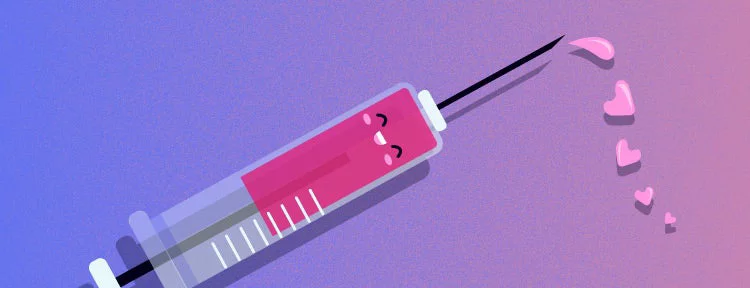
How Much Does a Botox Treatment Cost?
The cost of Botox depends on the number of injections you need to relax your jaw and other facial muscles. Most insurance companies will not pay for Botox because the FDA has not yet approved its use to treat TMJ. You can expect to pay anywhere from $500-$1500 for a Botox treatment out of pocket.
How Long Does Botox Last For TMJ?
Is Botox For TMJ Permanent?
- Yoga or stretching
- Acupuncture
- Applying hot and cold compresses
- Meditation
- Cognitive behavior therapy
What Are The Side Effects Of Botox For TMJ?
Depending on where your TMJ pain is located, you may receive injections not only in your jaw muscles but in your forehead muscles and temples. There can be pain, redness, or even bruising at the injection sites that last up to a week after the procedure. Other more alarming side effects include:
- Eyelids temporarily drooping
- Respiratory infection
- Nausea
- Headache
- Weakened muscles
Find a Trusted Dentist in Your Area
If you are suffering from TMJ symptoms that leave you with persistent headaches or jaw and face pain, talk with your dentist about possible solutions, including Botox injections to relieve the pain. If you do not have a dentist, Smile Generation can help you find the perfect dentist for you and your family. Use the Find a Dentist tool to search for dentists in your area.
Find your trusted, local dentist today!
Sources
Azam, Aftab, Sunny Manchanda, Suman Thotapalli, and Sunil Babu Kotha. "Botox Therapy in Dentistry: A Review." NIH, 2015, https://ncbi.nlm.nih.gov/pmc/articles/PMC4672850/
Friedman, H. Brett. "How Botox Can Help TMJ and Headaches." Union Dental Center, 8 May 2020, https://www.havredegracecosmeticdentist.com/how-botox-can-help-tmj-and-headaches/
Herndon, Jamie R. "Botox for TMJ: Everything You Need to Know." Very Well Health, 12 July, 2022, https://www.verywellhealth.com/botox-for-tmj-5272516
Scaccia, Annamarya. "Does Botox Help Treat Temporomandibular Joint (TMJ) Disorders?" Healthline, 1 May 2018, https://www.healthline.com/health/botox-for-tmj#side-effects
"Using Botox as a Treatment for Grinding Teeth." Colgate, 24 Nov. 2022, https://www.colgate.com/en-us/oral-health/bruxism/botox-for-bruxism-learn-whats-right-for-you#
von Lindern, Jens J., Bernd Niederhagen, Stefaan Bergé, and Thorsten Appel. "Type A Botulinum Toxin in the Treatment of Chronic Facial Pain Associated with Masticatory Hyperactivity."
NIH, July 2003, https://pubmed.ncbi.nlm.nih.gov/12856249/
Smile Generation blog articles are reviewed by a licensed dental professional before publishing. However, we present this information for educational purposes only with the intent to promote readers’ understanding of oral health and oral healthcare treatment options and technology. We do not intend for our blog content to substitute for professional dental care and clinical advice, diagnosis, or treatment planning provided by a licensed dental professional. Smile Generation always recommends seeking the advice of a dentist, physician, or other licensed healthcare professional for a dental or medical condition or treatment.


